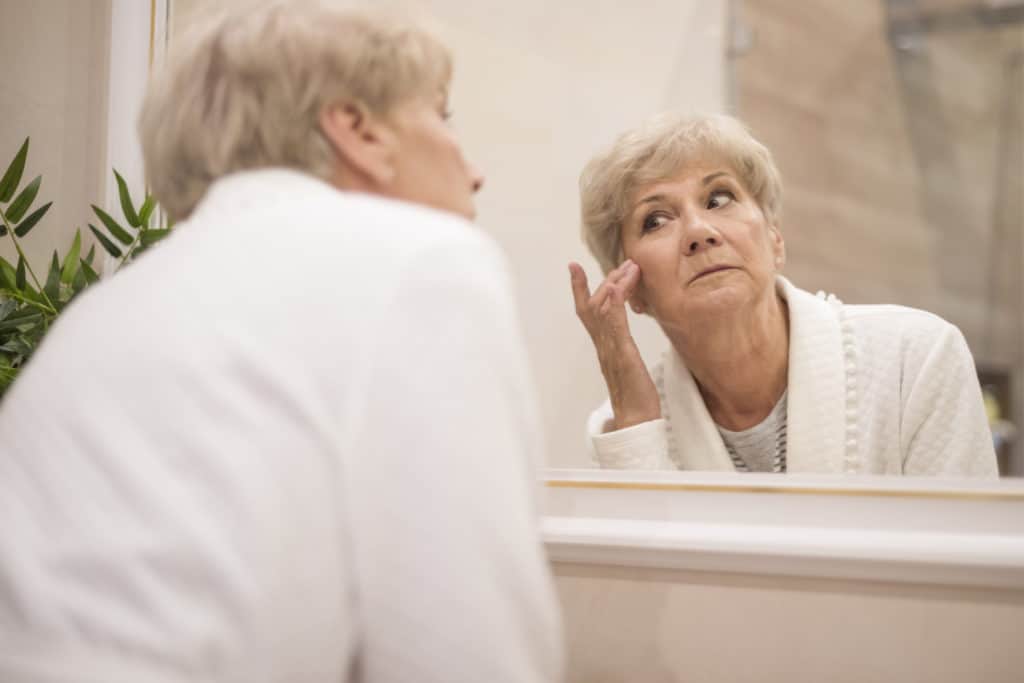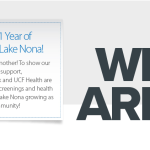
As a Florida resident, you either love the sun or learn to love it. But all that time in the sun increases your risk for skin cancer. The U.S. has the second-highest incidence rate of skin cancer, and until people take a more preventative approach to sun safety, skin cancer screening and treatment will remain an important aspect of your overall health.
Treatment Options for Skin Cancer
There are a variety of ways to treat skin cancer. Your doctor will determine the best method of treatment for you based on the type of cancer, its location, and your past skin cancer history. Common options include scraping and burning, surgical removal, X-ray treatment, and cryosurgery (freezing). About nine out of 10 cancers treated by these methods will be cured.
These procedures often prove ineffective because they rely on the human eye to determine the extent of the cancer. In an effort to preserve healthy tissue, too little tissue may be removed, resulting in recurrence of the cancer. If the surgeon is overcautious, more healthy tissue than necessary might be removed, causing excessive scarring.
Some skin cancers do not respond well to common treatments, including those greater than two centimeters in diameter, those in difficult locations and skin cancers complicated by previous treatment. Removing a recurring skin cancer is more complicated because scar tissue makes it difficult to differentiate between cancerous and healthy tissue.
When Mohs Surgery Is Best
Mohs surgery is a state-of-the-art treatment in which the physician serves as the surgeon, pathologist and reconstructive surgeon. It is the most effective treatment available for both basal cell and squamous cell carcinoma. The technique offers the highest cure rates while preserving healthy tissue and minimizing the cosmetic impact. This is achieved by removing thin layers of skin one at a time and examining the skin for remaining “roots” of cancer. With all the roots removed, you leave knowing you are cancer free.
It is important to emphasize that no technique, including Mohs surgery, can promise a 100 percent cure rate. However, of all the available techniques for removing skin cancer, Mohs surgery preserves the greatest amount of healthy tissue and has the highest cure rate, up to 99 percent.
Since sun and UV exposure are the greatest risk factors for these cancers, it’s not surprising that 80 percent of these cancer cases occur on the face and neck areas that most people do not want to be left with holes or scars on their skin. With Mohs surgery, only the affected skin is removed. This preserves the greatest amount of healthy skin and allows for a better cosmetic outcome.
Choosing Your Surgeon
While any board-certified dermatologist can perform Mohs surgery, only members of the American College of Mohs Surgery have completed an extensive fellowship of at least one full year of hands-on training under the guidance of an accredited physician. During this time, the physician gains a breadth of experience with the full spectrum of skin cancer, including rare tumor pathology, difficult tumor locations, and complex wound reconstruction.
You can view a list of fellowship-trained Mohs surgeons at www.mohscollege.org. These physicians have had at least one year of extensive, hands-on training from highly qualified instructors. To successfully complete the fellowship, physicians participate in a minimum of 500 Mohs surgery cases and provide a wide breadth of reconstructions, ranging from simple to complex. By choosing a fellowship-trained Mohs surgeon, you can be assured that you will receive the highest standard of quality and competency, as well as an optimal outcome.

UCF Health offers dermatology services at its offices in East Orlando and Medical City. For more information about available services, visit ucfhealth.com.




I’ve always had a lot of moles on my skin which makes me very susceptible to skin cancer, according to my dermatologist. I’m glad to see that there is a treatment that doesn’t have a lot of cosmetic impact to your skin. Thanks for the good read!
My friend goes to a dermatologist to get skin cancer treatments for his nose. I wonder if he has heard of Mohs surgery before or if his dermatologist performs it. It seems like a great way to ensure the cancer roots are removed while preventing scarring. I’ll have to pass this along to him so he can ask about it.
I agree that you want to consider the experience and qualifications of a skin cancer surgeon. It would make sense to only find someone who is experienced with the latest treatment options. My sister was recently diagnosed with skin cancer, so when she finds someone to help take care of it she’ll have to consider their training.